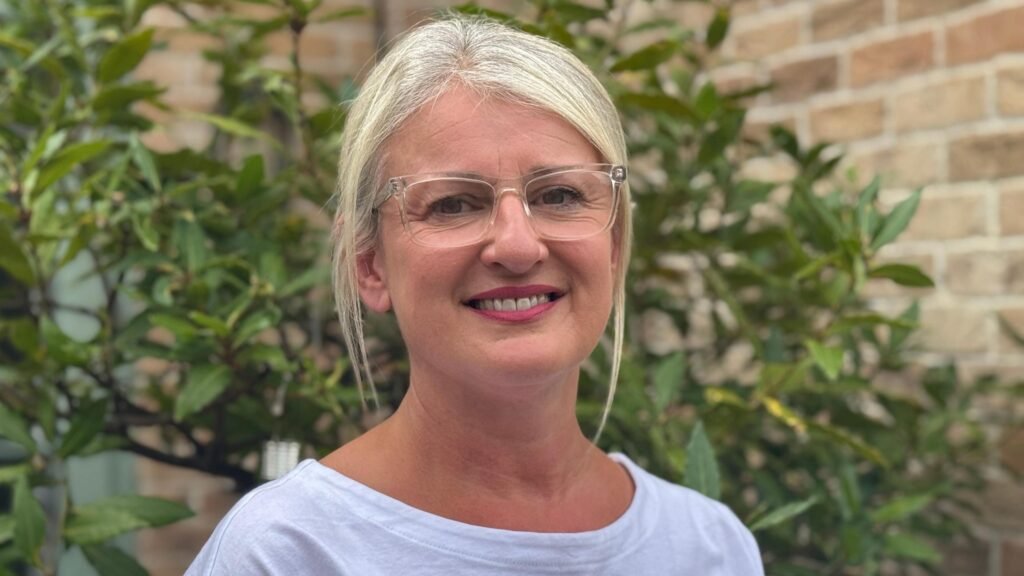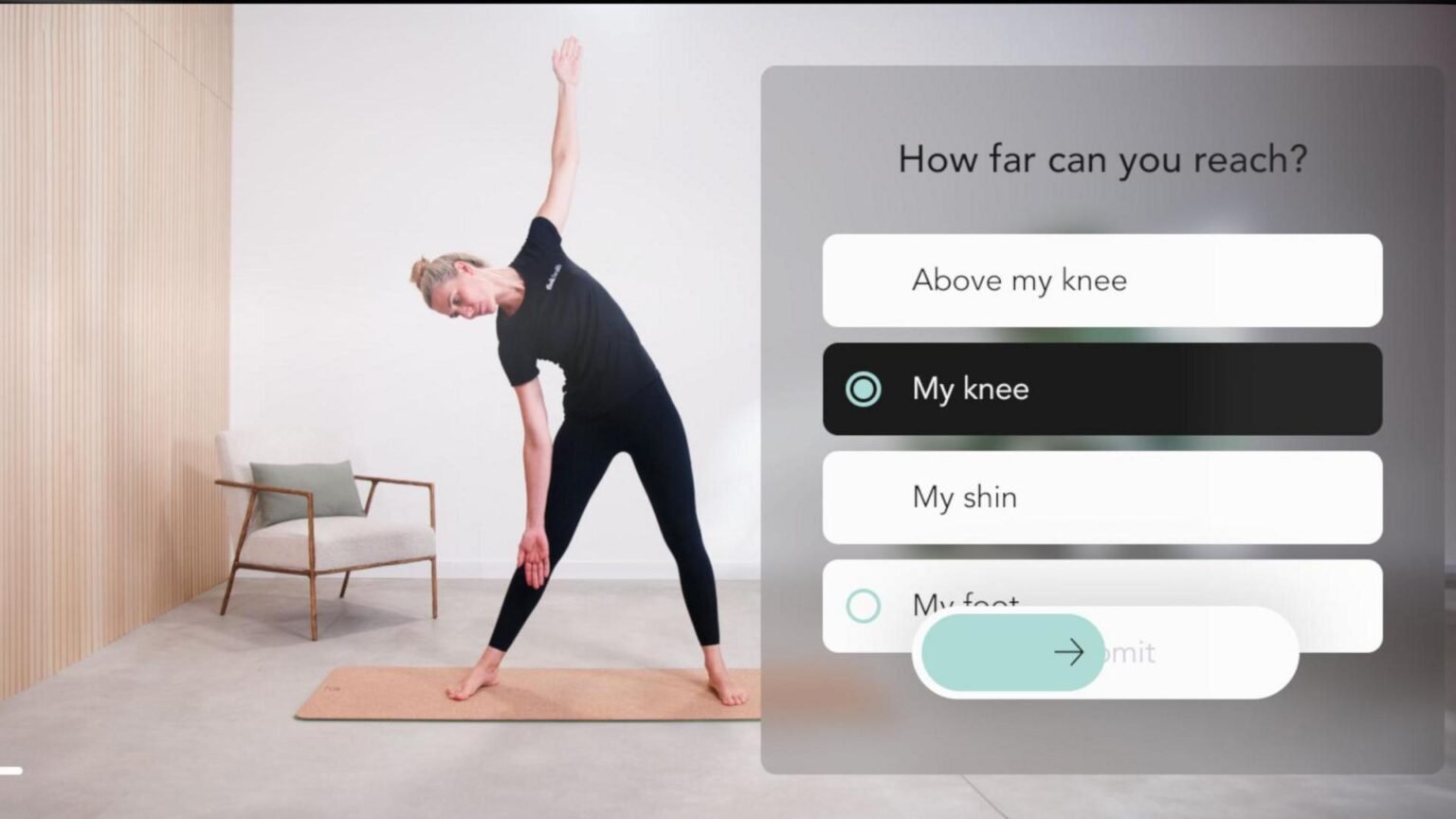AI Physio App Revolutionizes Back Pain Treatment in the NHS

A new AI physio app for back pain treatment has dramatically cut NHS waiting lists, offering a faster, more flexible solution for patients struggling with musculoskeletal issues. In a groundbreaking trial across Cambridgeshire and Peterborough, the app reduced treatment wait times by over 55%, transforming how physiotherapy is delivered.
Tackling the UK’s Back Pain Burden with Technology
Back pain affects nearly 80% of adults during their lifetime and is one of the leading causes of work-related absences in the UK. Musculoskeletal (MSK) disorders, including lower back pain, continue to place immense pressure on the NHS, with patients often waiting over 18 weeks for treatment. Traditional services have long struggled to meet growing demand due to a shortage of trained physiotherapists.
Inside the AI Physio App for Back Pain Treatment
The innovative app, developed by Cambridge-based Flok Health, leverages artificial intelligence to assess, triage, and treat patients without needing face-to-face appointments. It offers personalized exercise plans based on a questionnaire, with video demonstrations provided by experienced physiotherapist Kirsty Henderson.

The platform empowers patients to complete exercises at their own pace, eliminating the need to wait weeks for a clinician. According to the trial results, 856 hours of clinician time were saved monthly, and 98% of patients were treated and discharged digitally.
Trial Outcomes: Faster Recovery and Greater Satisfaction
The three-month NHS pilot involving 2,500 patients yielded impressive results:
- 55% drop in back pain treatment waiting lists
- Average wait time for MSK services fell from 18 weeks to under 10 weeks
- 80% of users rated the app as equivalent to or better than face-to-face care
- Only 2% needed a traditional referral
- Clinicians gained more time to handle complex cases
Patients like Annys Bossom, who had battled back pain for 25 years, found the app unexpectedly effective. “I’d had many treatments before, but this app gave me new exercises I’d never seen. They worked,” she said.
Patient Stories Reflect Success of AI Physiotherapy App
Sharon McMahon, a teacher, had waited 17 weeks for help before trying the app. “I started treatment immediately and was back to normal in just two weeks,” she shared.

Others praised the flexibility, ease of use, and motivation that came from seeing guided exercises rather than just reading instructions. The AI physio app for back pain treatment provided a sense of control and accessibility often missing in conventional therapy routes.
Expert Endorsement and Professional Support
Jayne Davies, clinical lead for MSK services at Cambridgeshire Community Services NHS Trust, called the app a “game-changer.” With a third of the service’s caseload involving back pain, she emphasized the strain on NHS resources and the urgent need for scalable solutions.
Kirsty Henderson also reassured professionals, stating that the app won’t replace physiotherapists. “There will always be cases needing hands-on care. This tool frees up time for that,” she noted.
Addressing Concerns Over AI in Healthcare
Despite the app’s success, some remain cautious. A 2024 report by the Health Foundation revealed that 1 in 6 UK residents feared AI might worsen healthcare outcomes. To build trust, experts say that public engagement, transparency, and strict regulation are vital as AI continues to integrate into medical services.

Physiotherapy organizations also stress that human oversight is essential. Ash James from the Chartered Society of Physiotherapy highlighted the importance of developing AI tools in collaboration with professionals to ensure patient safety.
Ensuring Safety and Support in Digital Care
The Flok Health app is regulated by the Care Quality Commission. If a patient’s input signals confusion or concern, the system alerts a physiotherapist to follow up directly. Patients and clinicians can also message each other through the platform.
Henderson emphasized the importance of human oversight: “We’re still here to step in where we suspect serious issues. The app is a tool—not a replacement.”
A Future for Digital Healthcare Solutions
Finn Stevenson, co-founder of Flok Health and former professional rower, developed the app after facing delays in MSK treatment. “This is like having a virtual physiotherapy session,” he said. His goal was to improve access and outcomes for others like him.
With the trial’s success, the app is poised for broader use across the UK, potentially transforming how NHS physiotherapy services manage increasing demand.
A Digital Leap Forward for Back Pain Relief
The AI physio app for back pain treatment is reshaping healthcare delivery in the UK, reducing delays, improving patient experiences, and optimizing NHS resources. As long as patient safety and clinician collaboration remain central, such innovations offer a promising solution for the country’s growing physiotherapy needs.




